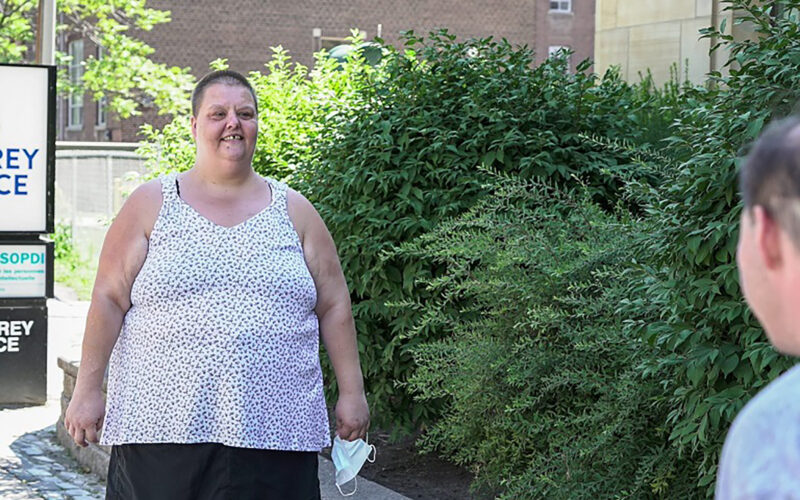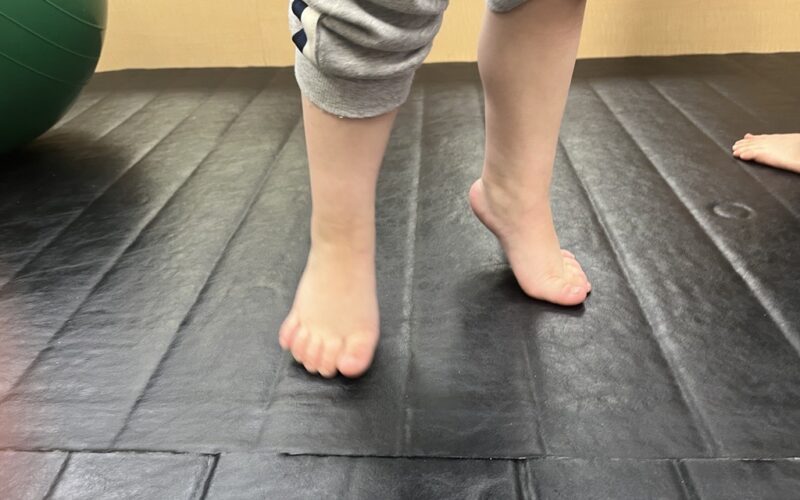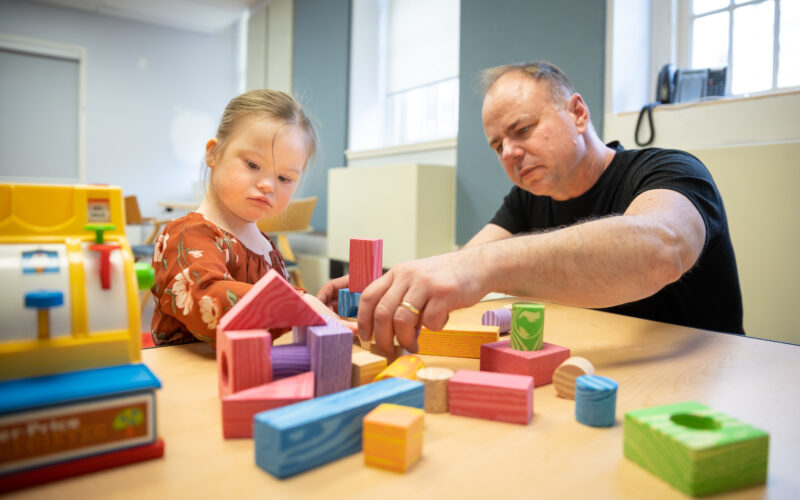This video will help parents and caregivers learn about community supports and services. Topics will include funding options, parent resources, respite and recreation ideas.
Tips and Information
Section 1: Funding
- Special Services at Home (SSAH): Helps families who are caring for a child with a developmental and/or physical disability.
- Assistance for Children with Severe Disabilities (ACSD): Helps families to cover the cost of extraordinary expenses that are related to a child with a disability.
- Registered Disability Savings Plan (RDSP): Helps parents and others save for the long term financial security of a person who has a disability and enhances the financial security of people living with disabilities.
- Jennifer Ashleigh Children’s Charity (JACC): A charitable organization that assists children and youth who have a severe illness or a permanent disability, are 18 years of age or under, and are permanent residents of Ontario.
- Ontario Autism Program (OAP): For children and youth who have been diagnosed with autism spectrum disorder (ASD) by a qualified professional.
- Incontinence Supplies Grant Program: An annual grant provided to families to help cover some of the costs for diapers and certain supplies for incontinence care (catheters, drainage bags).
- Access 2 Care Program: For people of all ages and types of permanent disabilities who require the assistance of a support person to participate in entertainment, cultural and recreational venues across Canada.
- Disability Travel Card Program: For people of all ages and types of permanent disabilities who require the assistance of a support person when travelling with VIA Rail Canada, Greyhound Canada and Coach Canada.
- TTC Support Person Card: Allows a support person to travel on the TTC for free with a person with a disability.
Section 2: Parent Resources
- Parent Outreach Program (P.O.P): Provides in-home support for parents of children with developmental delays aged 2.5 to 21 years of age.
- Extend-A-Family: Works in the community to support individuals who have developmental disabilities.
- EarlyON Child and Family Centres: Offers free programs to family and caregivers and their children from birth to six years of age.
- Toronto Public Health – Healthy Babies, Healthy Children: a free home-visiting service for families in the prenatal period or with children (0-3).
- Toronto Public Health – Nobody’s Perfect: A free parenting program for families with children aged 0-5 years.
- Childcare: Provides opportunities for your child to learn how to behave around and socialize with other children
- City of Toronto Childcare Subsidy: Helps families with the cost of licensed childcare.
- TTC Wheel-Trans: A service to assist those with a disability if they are unable to use conventional TTC for all or part of their trip.
Section 3: Respite
- Respiteservices.com: A service that connects families to respite programs, the CHAP Program and Ministry funding (Special Services at Home (SSAH) and Assistance for Children with Severe Disabilities (ACSD).
- CHAP (Community Helpers for Active Participation): Connects families to Independent Respite Providers using a database of screened, experienced providers to provide 1:1 support.
- Family Directed Respite (FDR): Funding for families looking for respite/camp options that are currently not accessing other government funded respite options.
- Relax Recharge Review: designed by Tourism Toronto to give the parents of children and adults with special needs a break in the Toronto region.
- Community Living Toronto Respite Program: offers respite programs.
- Toronto Parks, Forestry & Recreation: The City of Toronto offers a variety of recreational programs and camps in community centres across the city.
- Toronto Parks, Forestry & Recreation – Adapted and Inclusive Services: offered for individuals with disabilities who want to participate in recreation activities with others who have similar abilities and needs.
- Toronto Parks, Forestry & Recreation – Welcome Policy: provides a fee subsidy to help individuals and families with low income who live in Toronto access city-operated recreation programs.
- Camps: provides opportunities for your child to learn new skills.
- Autism Ontario Reimbursement Fund: available to Ontario families of children or youth with ASD who retain the services of a one-to-one support worker to attend a March break camp and/or community summer camp.


